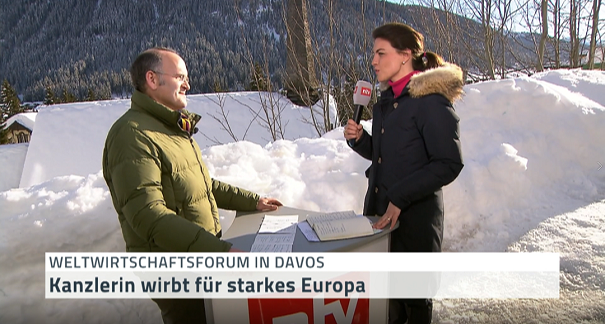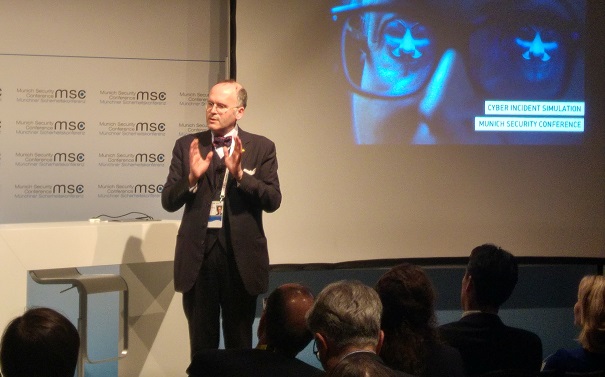A wider truth about Germany
In the light of court cases against Bayer’s U.S. acquisition Monsanto and falling share prices, the fate of the chemical giant grants interesting insights into Germany’s corporate culture, writes Frederick Studemann in the Financial Times on 17 May 2019. On the one hand, Bayer is a model of how to deal with the challenges of global mergers, on the one hand, the high number of lawsuits offers an eloquent testimony of the pitfalls of pursuing new technologies. Bayer is not the only example for that matter, just think of Volkswagen or Deutsche Bank. Frederick Studemann quotes Klaus Schweinsberg on Germany’s ambivalent attitude to innovation and modern technology – desired on the one hand, but rather not at home, which also reflects on Angela Merkel’s ending era.
Read the full article in FT of 17 May 2019


